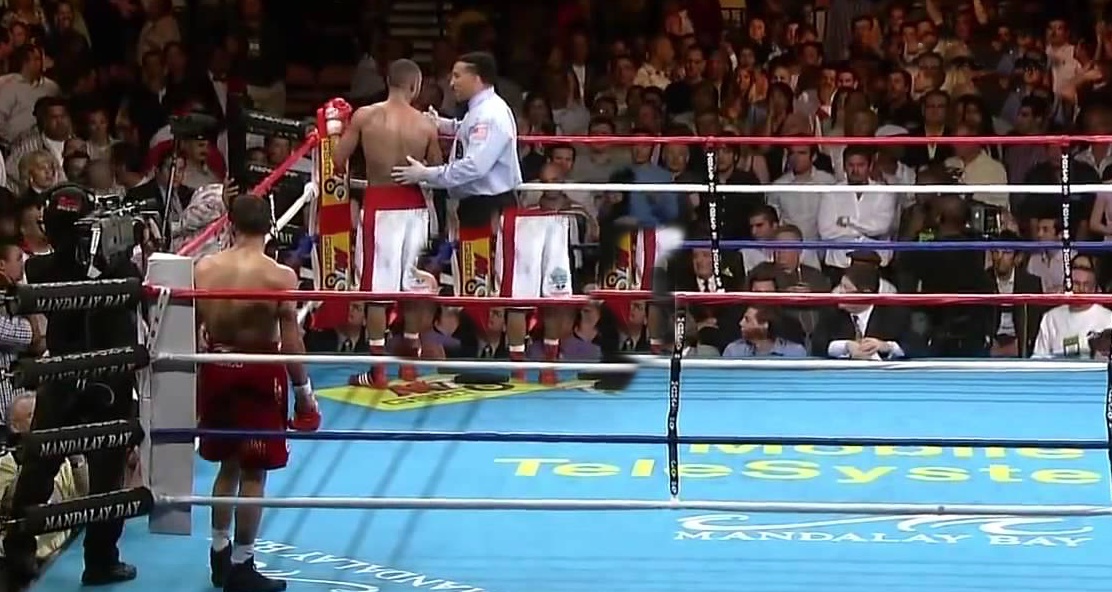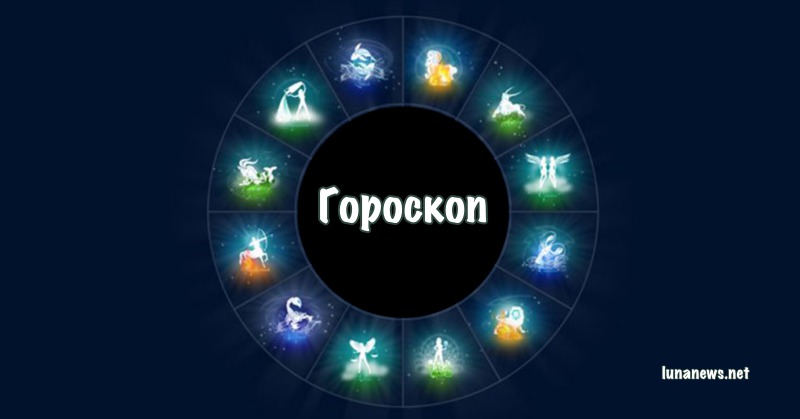The boy never asked for anything, never initiated conversation beyond a quiet thank you, but he ate every bite, sometimes so quickly it seemed he feared the food might disappear. Who’s that kid you keep serving? Harold, a retired postal worker who occupied the same stool every morning, asked one day. Never seen his parents? Don’t know, Jenny admitted, but he’s hungry.
Kathy, who worked the grill, cornered Jenny in the back after the third week. You’re feeding astray, she said, not unkindly but with the pragmatism of someone who had seen good intentions backfire. You give handouts, they never learn gratitude.
He’ll just disappear one day. They always do. Jenny didn’t argue.
She simply shrugged and said, it’s fine, I used to be that hungry too. It was the most personal information she’d shared with her co-workers in the three years she’d worked at Rosie’s. The boy never volunteered his name and Jenny never asked.
Something in his demeanor, the careful way he entered and exited, how he angled himself to see both the door and the window, told her that questions would only drive him away. Instead, she made sure his water glass stayed full, that the pancakes were always warm and that the diner felt like a place where he could breathe easier for 40 minutes each morning. Sometimes when the diner was quiet and the boy was absorbed in his book, Jenny would allow herself to wonder, was he living nearby? Did he have family? Why was he always alone? And why did hunger seem like a familiar companion to him? But she pushed the thoughts away.
In her experience, kindness with conditions wasn’t kindness at all. So she continued their silent arrangement, watching as the boy’s shoulders gradually lowered from their perpetually defensive hunch as his eyes began to meet hers for a second longer each time she approached his table. That small change, the moment of eye contact that stretched from a millisecond to perhaps two, was enough to convince Jenny that whatever she was doing, however small it might be, mattered.
By the sixth week, others had noticed Jenny’s routine with the boy. Most said nothing, but some couldn’t resist commenting. Their observations laced with the particular cruelty of those who have forgotten what it means to need help.
Playing charity worker on company time? Asked a businessman who frequented the diner, his tone suggesting he found the entire arrangement distasteful. Kids these days expect handouts everywhere. Times must be changing, remarked another regular.
In my day, no one gave away free food just because someone looked sad. Jenny heard these comments, but let them slide off her like rain from a window pane. She’d learned early that defending kindness often hardened the hearts of those who criticized it.
However, Mark, the diner’s manager, wasn’t so easily ignored. He called Jenny into the small office behind the kitchen one morning, his expression serious beneath his perpetually sweaty brow. I’ve been watching you with that kid, he said, fingers tapping against the laminate desk.
Can’t have employees giving away free meals. It’s bad for business and sets a precedent. Jenny twisted her apron in her hands.
I understand. I’ll cover the cost myself. Mark’s eyebrows shot up.
From your tips? Those barely cover your rent. It’s my choice, Jenny replied, something resolute in her voice that made Mark study her more carefully. Just one meal a day.
I can manage. After a moment, Mark sighed. Fine, but if it affects your work or if that kid causes any trouble, it stops immediately, understand? Jenny nodded, relief washing over her.
She’d anticipated being reprimanded, perhaps even fired, but this compromise she could live with. Each morning she set aside a portion of her tips, money that might have gone toward a new winter coat or the dentist appointment she’d been postponing and paid for the boy’s breakfast. On a particularly cold Thursday in November, the boy didn’t show up.
Jenny found herself checking the door every few minutes, an uneasy feeling settling in her stomach. She prepared his usual plate of pancakes anyway, setting it at his empty booth, just in case. Waste of food, Kathy muttered as she passed by, shaking her head.
By closing time, the untouched plate had become a silent rebuke. Jenny wrapped the cold pancakes and took them home, unable to simply throw them away. The boy didn’t appear the next day either, or the next.
A week passed with no sign of him, and Jenny began to wonder if Kathy had been right. Had he simply moved on, as strays often did? The thought left her with a hollow ache she couldn’t quite explain. She’d known nothing about him, not his name, not his story, yet his absence felt significant, a small light extinguished.
Told you, Kathy said on the tenth day of his absence, not unkindly, but with the assurance of someone whose pessimism had once again been validated. They never stick around once the free ride ends. During this period, Jenny noticed a customer taking photos of the empty booth, where she still occasionally left a meal, just in case.
The next day, she discovered why. A local Facebook group had shared the images with a mocking caption, Rosie’s Diner Now Serving Imaginary Charity Cases? The comments were even worse. Publicity stunt.
Bet they’ll claim the food goes to underprivileged children while throwing it away. Feeding strays just creates dependency. That waitress needs a reality check.
Next time a strange kid approaches you, remember this, you’re being set up for something. Jenny had never considered herself particularly vulnerable to others’ opinions, but the cruelty of these comments stung. That night, alone in her apartment, she questioned her actions for the first time.
Was she foolish to help someone without knowing anything about them? Was she projecting her own past onto a situation she didn’t understand? Seeking comfort, she opened the small wooden box where she kept her most precious possessions. Inside lay a faded photograph of her father in his Army medic uniform, his smile gentle despite the harsh desert backdrop. Beside it was the small leather journal he’d carried through his service, the pages worn from frequent handling.
Jenny opened it to a dog-eared page, reading the words she knew by heart. Shared a half ration with a local boy today? Johnson said I was crazy, that he’d probably report our position to hostiles. Maybe, but the look in his eyes when he ate, same as mine when Mom would save me the last piece of bread during the hard times.
No one grows poorer by sharing half a loaf, but those who forget to share remain hungry their whole lives. Jenny traced her finger over her father’s handwriting, a sudden clarity washing over her. She didn’t need to know the boy’s name or story to recognize hunger, and hunger, whether physical or emotional, asked for bread, not questions.













